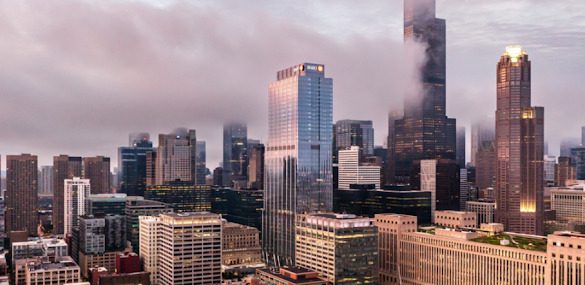Influence of Economic Vitality on Urban Real Estate Markets

Introduction The economic health of a city plays a crucial role in shaping its real estate market. Factors like job growth, infrastructure development, and business investment create a ripple effect on property demand and values. Urban areas with strong economic vitality attract both residents and investors, fueling growth in residential and commercial real estate. This article explores how economic vitality influences urban real estate, with insights from Hirsh Mohindra . Economic Growth and Property Demand Cities experiencing economic growth often see an increase in property demand. Job opportunities attract new residents, boosting the need for housing. Additionally, businesses seeking to capitalize on the economic boom invest in office and retail spaces. “A robust economy attracts investments, which in turn stimulates the real estate sector,” notes Hirsh Mohindra. For example, cities like Austin and Nashville have experienced significant real estate gr...


